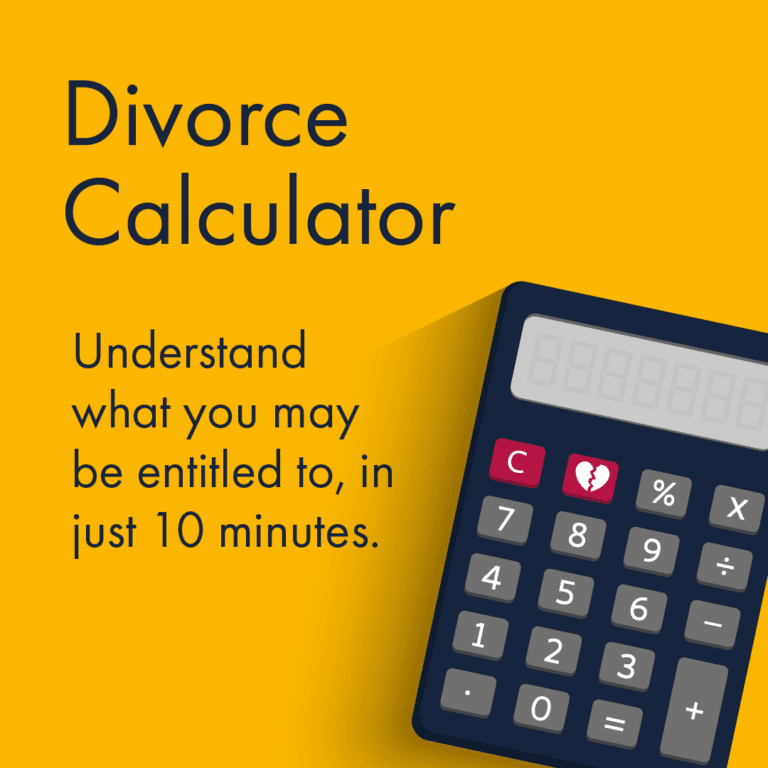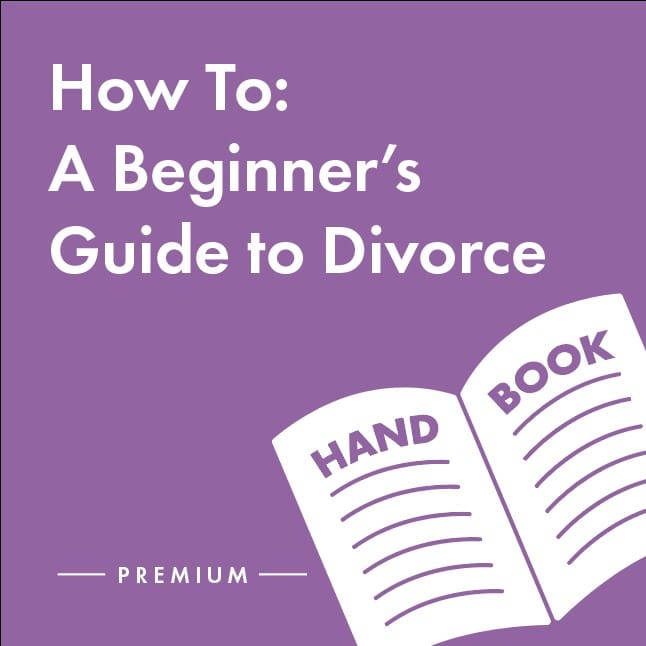We offer an award-winning service
 Use the calculator
Use the calculator
How are Property Adjustment Orders made?
These orders are made as part of your overall financial settlement, made legally binding by a court approved financial consent order.
Ideally, you and your ex-spouse will come to an amicable agreement on what should happen to your property. You solicitor can then write the Property Adjustment Order into your financial consent order without the need for the court to make an Adjustment Order. If one party fails to comply, the other can apply to the court for enforcement of the order.
The court only needs to get involved if you and your ex cannot reach an agreement. In this case, the court may need to make the Property Adjustment Order for you.
Property Adjustment Orders can be made in the following ways:
- Transfer of Ownership Order
- Order for Sale
- Mesher Order – deferring a sale for a specific period of time e.g. until all children have finished full-time education
- Martin Order – allows one party to remain in the property for life/until they remarry or live with someone else

Is a Property Adjustment Order legally binding?
Yes, Property Adjustment Orders are legally binding. They are court orders, which means if you fail to perform the action required, you will be in contempt of court and could face a fine or imprisonment.
They are part of an overall financial settlement, legally sealed in a consent order.
Is a Property Adjustment Order only used in divorce?
Whilst they are very common in divorce proceedings, Property Adjustment Orders can also be used in situations where a cohabiting couple with a child/children break up under Schedule 1 of the Children Act 1989.
Separating unmarried couples are not automatically entitled to the order, and you would need to apply to the court for one and prove that you were financially dependent on your partner. The courts do not have the same powers to change ownership for cohabitees as they would for a married couple.
Who can apply for one?
Either party in divorce or civil partnership dissolution proceedings can apply for a Property Adjustment Order if you cannot reach an agreement on how to divide your property.
 Download our free divorce guide
Download our free divorce guide
When does a Property Adjustment Order take effect?
These orders take effect after the Final Order is pronounced, and you are officially divorced.
Can I amend a Property Adjustment Order?
Unless the order concerns the sale of the property, generally they cannot be amended or varied, unless by agreement between both parties.
If the court has ordered sale of the property, you can apply to the Family Court to assist with enforcing the order if another party is not complying with the order. The court will be able to assist with signing conveyancing papers if one party refuses for example. The court can assist with difficulties implementing the order.
Does it apply to foreign property?
The courts in England and Wales can generally make Property Adjustment Orders for both properties in the UK and those owned abroad.
There may be obstacles in ensuring the order is enforced in the other country, however, depending on whether the country recognises English orders. Seek legal advice if you have properties in different countries that you will need orders for.
Latest advice
Newsletter Sign Up
Sign up for advice on divorce and relationships from our lawyers, divorce coaches and relationship experts.
Privacy Policy

















